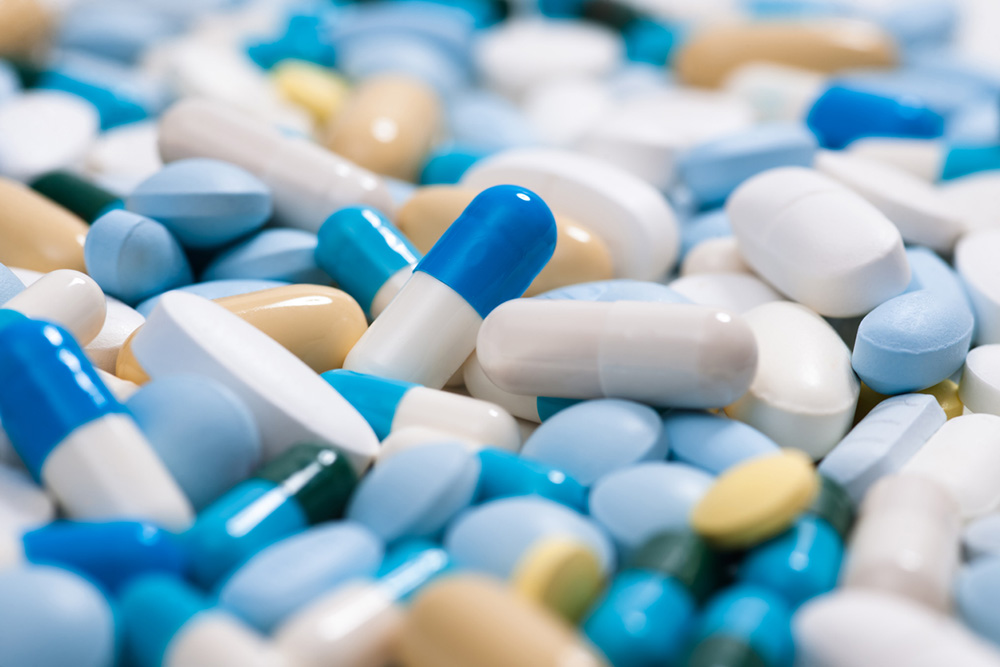
According to a recent assessment from the World Health Organization (WHO), the global antibiotic pipeline is still insufficient to combat the growing problem of antibiotic resistance. The report, which was published in June, examined the progress of antimicrobial drugs and other innovative products aimed at preventing and treating bacterial infections. These nontraditional products include vaccines, bacteriophages, and antibodies. The findings highlight the significance of encouraging more medication innovation and investment in order to address the threat that resistant pathogens pose.
Antibiotics are crucial for modern medicine, enabling various treatments like cancer treatment and cesarean sections. However, the rise of resistance is diminishing the effectiveness of many of these drugs. Even everyday bacteria, like the ones responsible for urinary tract infections and sexually transmitted infections, are becoming more and more challenging to treat and, in some cases, even impossible to treat.
According to Dr. Yukiko Nakatani, WHO’s interim assistant director-general for antimicrobial resistance, the situation regarding antimicrobial resistance is deteriorating, and the development of innovative solutions to combat dangerous bacteria is not keeping pace.

Here are some important findings from the WHO assessment:
- Out of the 97 products currently in clinical development, most of them have limited potential to tackle the most pressing challenges presented by antibiotic resistance.
- Only a handful of the drugs currently in development have the potential to treat pathogens that are classified as critical threats by the World Health Organization.
- There is a shortage of medications for children, oral formulations for outpatient treatment, and antibiotics specifically targeting drug-resistant bacteria in the pipeline.
- Small businesses and biotech companies produce 93% of the antibiotics that are currently in clinical development.
The report emphasizes the impact of rising antibiotic resistance and the inability of the medical system to meet the demands of patients, which has already had significant consequences for public health. Take note of the alarming rise in bloodstream infections caused by resistant strains of E. coli, Salmonella, and Neisseria gonorrhoeae. These rates have seen a significant increase of at least 15% since 2017, and if left unchecked, they are bound to continue growing. It is crucial to have a range of new treatments at our disposal to combat this concerning trend.
It is evident from the WHO’s pipeline data that there is a significant lack of new medications that the world requires. That’s because, partly, the antibiotic market is fundamentally flawed.
Launching a new antibiotic requires significant resources, and the potential financial gain is relatively modest compared to other fields of medicine. This arises in part from the need to minimize the use of these drugs in order to maintain their effectiveness and prevent the rapid development of resistance. Due to this, major pharmaceutical companies have chosen to focus on investing in disease areas that offer a larger and more predictable return on investment rather than antibiotic development. Furthermore, many small companies and biotech firms, which are primarily responsible for the candidates in the pipeline, often face resource limitations that hinder their ability to sustain operations until these drugs can be brought to market.

The bipartisan Pioneering Antimicrobial Subscriptions to End Upsurging Resistance (PASTEUR) Act, currently awaiting action in Congress, aims to tackle the shortcomings of the antibiotic market and revitalize the pipeline. It proposes a subscription-style model to enhance predictability and sustainability for new products. More specifically, the bill aims to provide substantial funding commitments upfront to encourage the creation of groundbreaking antibiotics that are of utmost importance. This approach proposes a shift in the way companies are compensated for antibiotics, focusing on their value to public health rather than the quantity sold. Crucially, the legislation would also provide assistance to antibiotic stewardship initiatives, which aim to safeguard the potency of current antibiotics and curb the proliferation of superbugs.
Many individuals and organizations, including medical professionals, public health experts, patient advocates, and research and nonprofit organizations, have urged Congress to prioritize the battle against antibiotic resistance. The PASTEUR Act’s passage is a crucial next step in addressing and defending against the growing danger that multidrug-resistant bacteria pose. It will help ensure the availability of innovative antibiotics that are necessary to combat this threat. Before the end of the year, Congress should pass this bipartisan legislation. Given the latest WHO data, it is evident that time is of the essence.